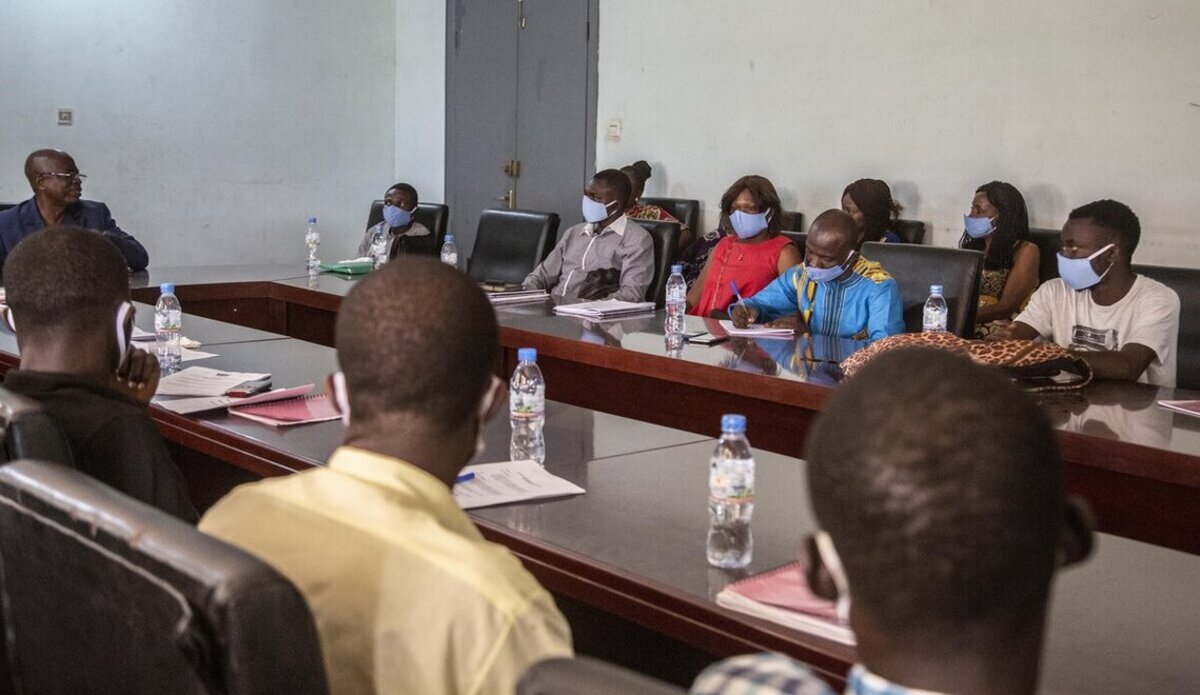Concerns have continued to mount over the low level of civic awareness among segments of the Nigerian population, prompting calls for greater investment in civil duties education by both the Independent National Electoral Commission (INEC) and non-governmental organisations (NGOs). Observers and electoral stakeholders who monitored recent electoral processes in parts of Lagos, including Epe and surrounding divisions, expressed worry over the number of citizens who appeared either misinformed or entirely unaware of their civic responsibilities, especially in relation to elections, voters’ rights, and the importance of community participation in governance.
Speaking with KIIN360, a community development advocate, Mr. Babajide Akinwale, lamented that while voter turnout may appear encouraging in some polling units, the understanding of the voting process, ballot handling, and the broader implications of electing credible leaders remains shallow among many eligible voters. According to him, “It is not enough for people to come out and vote; they must understand why they are voting and the impact their choices have on the future of their communities.”
INEC, Nigeria’s electoral body, has over the years launched several voter education initiatives across states, including awareness campaigns during Continuous Voter Registration (CVR) periods and the distribution of simplified election materials. However, critics argue that these efforts, though commendable, are not far-reaching enough, especially in rural and semi-urban areas where literacy levels are low and access to political information is limited.
Equally, many NGOs involved in governance advocacy have been urged to scale up their interventions beyond social media awareness and town hall meetings. According to data from the National Bureau of Statistics (NBS), youth participation in elections has been on a decline, largely attributed to disenchantment and a lack of civic knowledge. Analysts believe that targeted education — including workshops, school-based programmes, and community outreach — would equip citizens with a stronger sense of national responsibility.
A retired secondary school principal in Eredo LGA, Mrs. Modupe Adeniran, also weighed in, stating that “true democratic progress starts with an enlightened population. Some people are ready to learn, but the structures are not there to teach them. Civic education should not only be a classroom subject but a practical, continuous community effort.”
With the 2027 general elections looming in the national political calendar, experts insist that time is ripe for a renewed nationwide strategy for civic enlightenment. If both INEC and civil society groups ramp up collaborative engagement, especially at the grassroots level, it could significantly improve voter behaviour, reduce incidents of void votes, and encourage sustained public participation in governance beyond the election season.
As Nigeria continues to build its democratic foundations, it becomes increasingly clear that meaningful civic education must no longer be viewed as an optional add-on, but as a core driver of national development and accountability.
